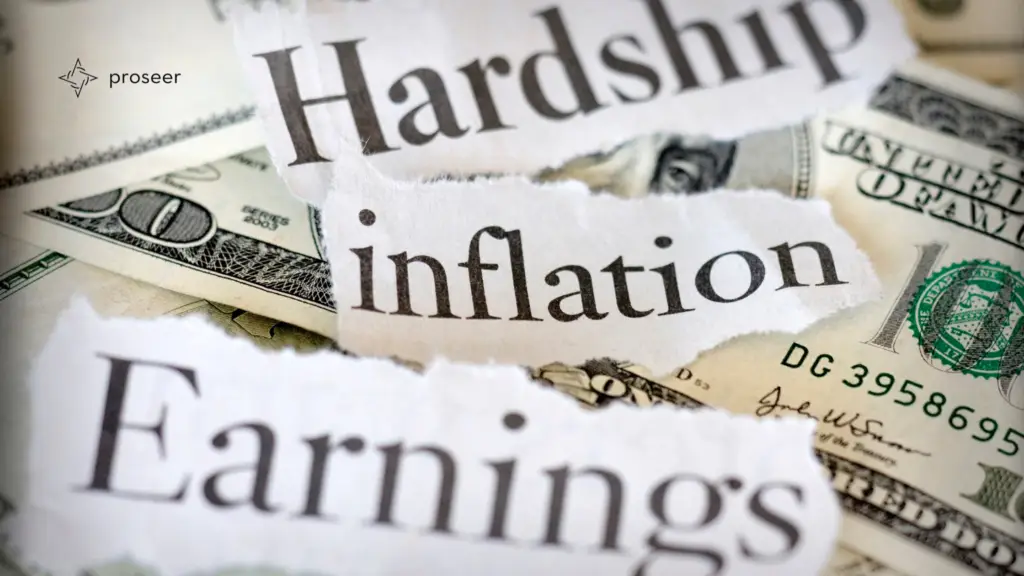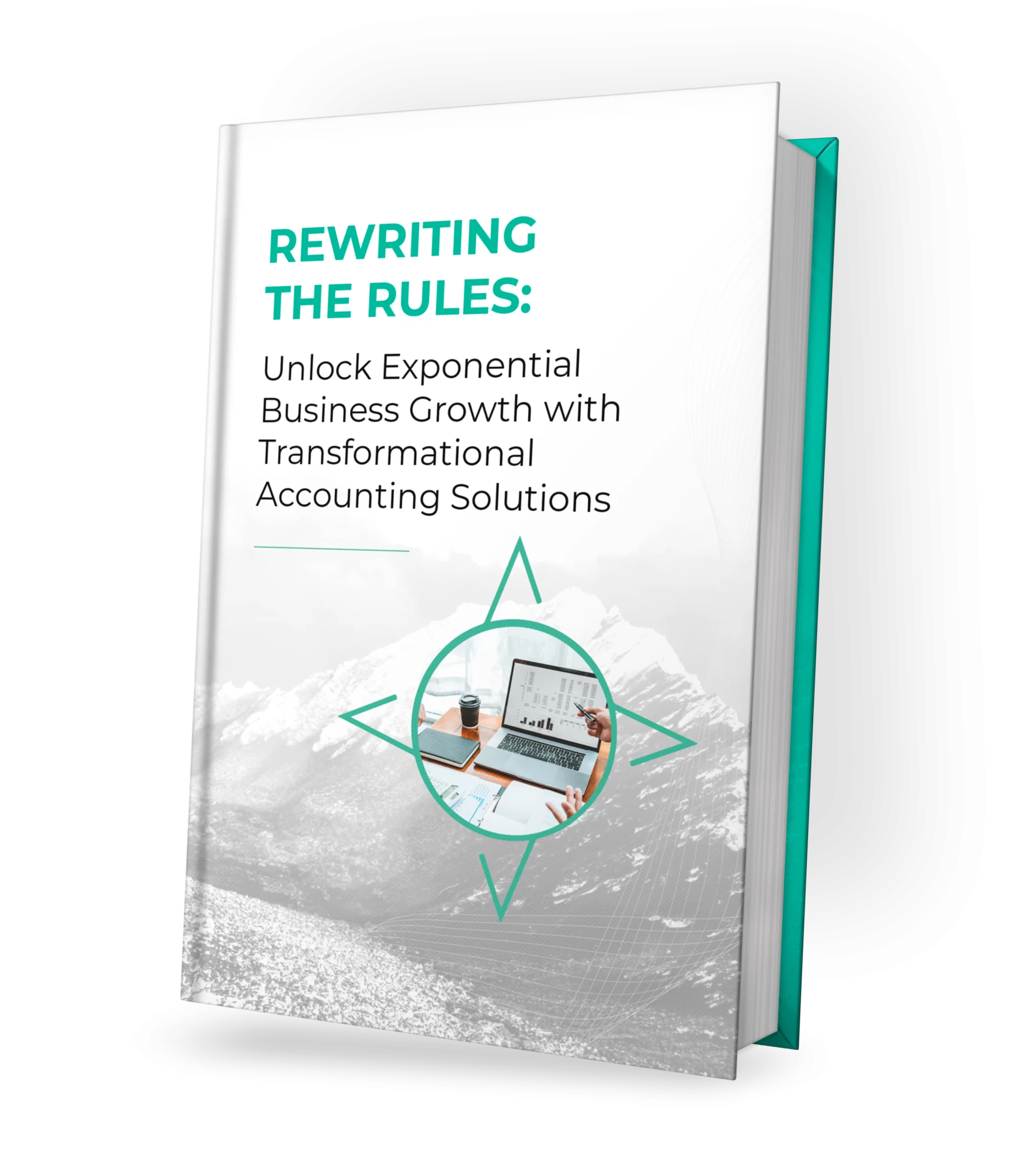With uncertainty in the economy it’s only natural to be concerned that a recession is on the horizon. There is a lot going on in the economy right now with high inflation and rising interest rates and It’s likely that the average small business owner has felt the ripple effects of economic turbulence in all aspects of their company.
Adapting to the lingering bear market has been a struggle in and of itself for many entrepreneurs; however, forecasters project a recession to occur in the latter half of 2023. With the pending uncertainty of a recession, it’s important that small business owners have a plan for navigating the future economy.
Here are a few tips to help protect and prepare your business for a potential recession.
Align Costs with Revenue
When revenue is uncertain, it is best to structure business costs as variable, rather than as fixed. The difference is that variable costs are only incurred when revenue is generated, whereas fixed costs are incurred regardless of whether they generate revenue or not. For example, payroll and rent are typically fixed costs whereas some subscriptions or legal costs are determined based on how many seats or how many hours you use.
For this reason, if a recession or downward-trending market creates doubt about how future revenue will be generated, restructuring costs as variable rather than as fixed will give the company more flexibility.
It is also imperative that small businesses operate within their means. Ensuring production costs don’t exceed revenue is necessary to generate positive cash flow and working with a skilled professional, or a best-in-class accounting software, is a great way to increase both clarity and organization for successful financial planning.
Strengthen Existing Business Relationships
It is more difficult to cultivate new business relationships—particularly in a recession—than to nourish and build upon the ones you already have.
Most people appreciate and honor a sense of loyalty in business. This means that developing strong partnerships with your vendors and clients goes a long way toward securing income and credit, as well as potentially continuing to receive services for reasonable rates.
For example, working with a vendor for several years might mean that you receive special locked-in pricing, or discounted rates that new clients won’t get. It also can help in getting terms to pay for costs later than when they are incurred. As far as customers go, having “regulars” whom you know by name and serve with a personal warmth will go a long way toward retention and continued business.
Develop a Strong Customer Acquisition Strategy
Having a strong customer acquisition strategy during a recession is key to continuing to drive new business through the door. Ideally, these strategies will have short payback periods in order to monetize your investments quickly.
A few proven ways for acquiring new customers include regular content marketing (i.e. weekly or monthly e-newsletters, blogs, social media posts), short-term ad campaigns on social media to improve local SEO, and consistent brand exposure and promotion via online mediums. These efforts are usually more budget-friendly and more effective than printing flyers, or resorting to other tangible marketing efforts like going door to door to sell your product or service.
While economic uncertainty can certainly be a hurdle for small businesses, these tips will help entrepreneurs weather the storm, and hopefully experience more financial stability during difficult times. For more financial advice and guidance, connect with us today.

